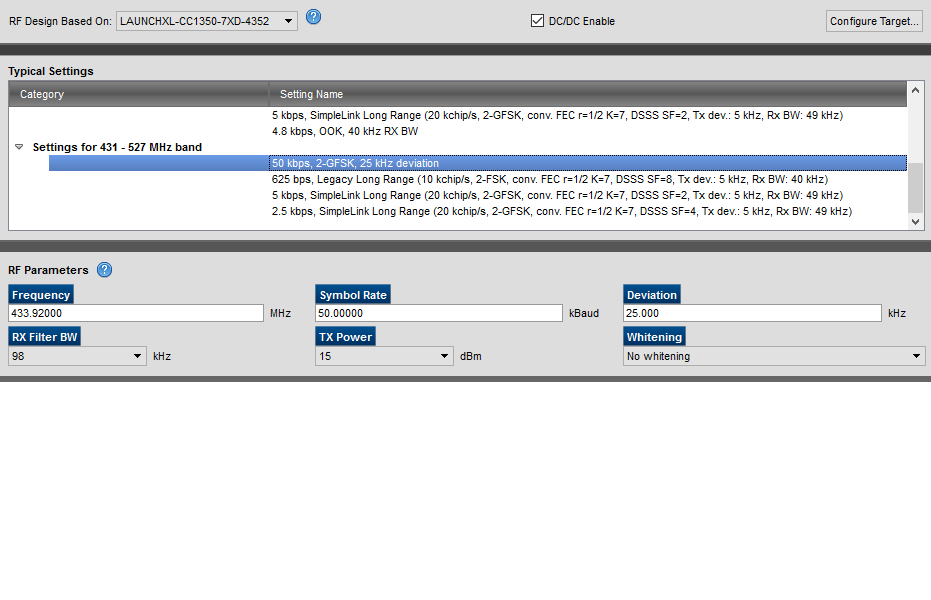Other Parts Discussed in Thread: CC1350, CC1310
Tool/software: TI-RTOS
Hello , I'm trying to compile rfWsnDmConcentrator project at IAR environment my problem is with defining global argument variables for TIRTOS project.
I have to select .custom_argvars file at project global variable settings.
By the file that comes with SDK package is either empty or does not exist. My IAR version is 8.1 and my RTOS SDK package is simplelink_cc13x0_sdk_1_40_00_10.
So should I define path variables manually for this project? What all the include paths should be - need an example or existing .custom_argvals file for this project.


